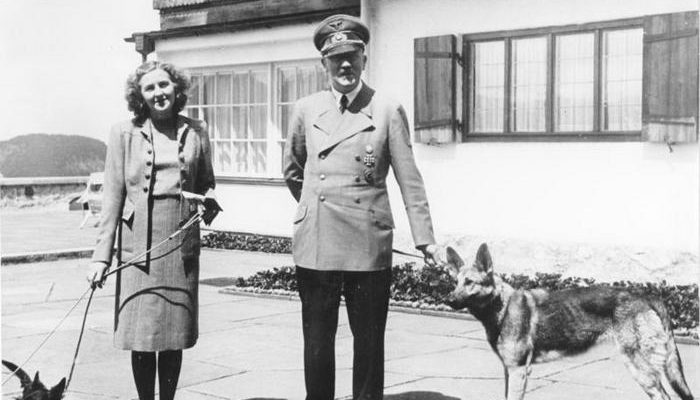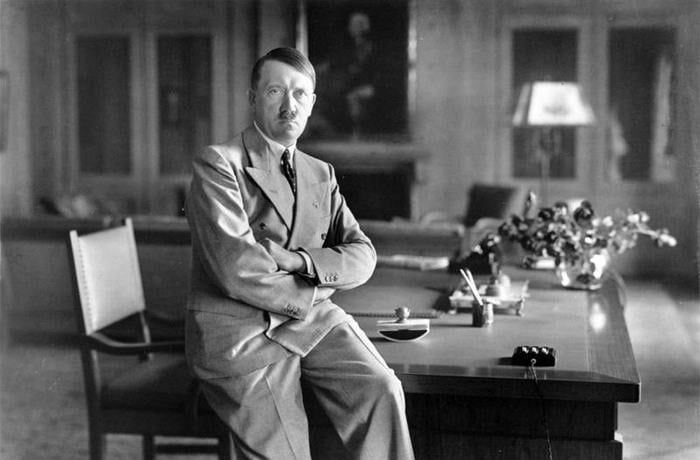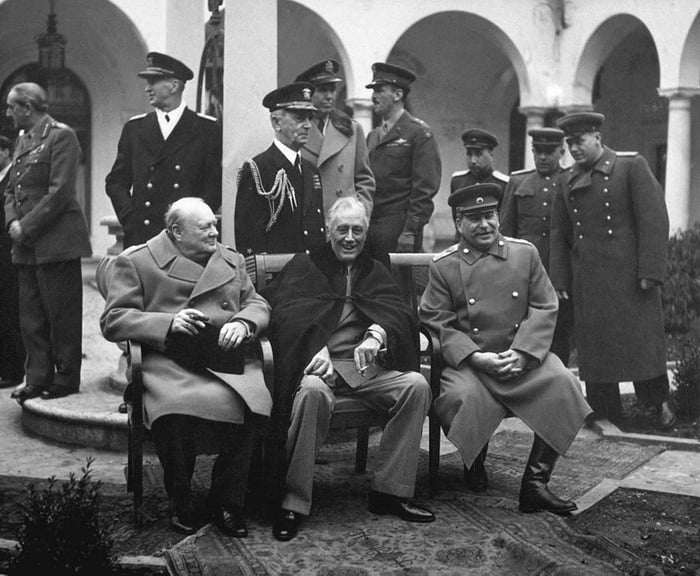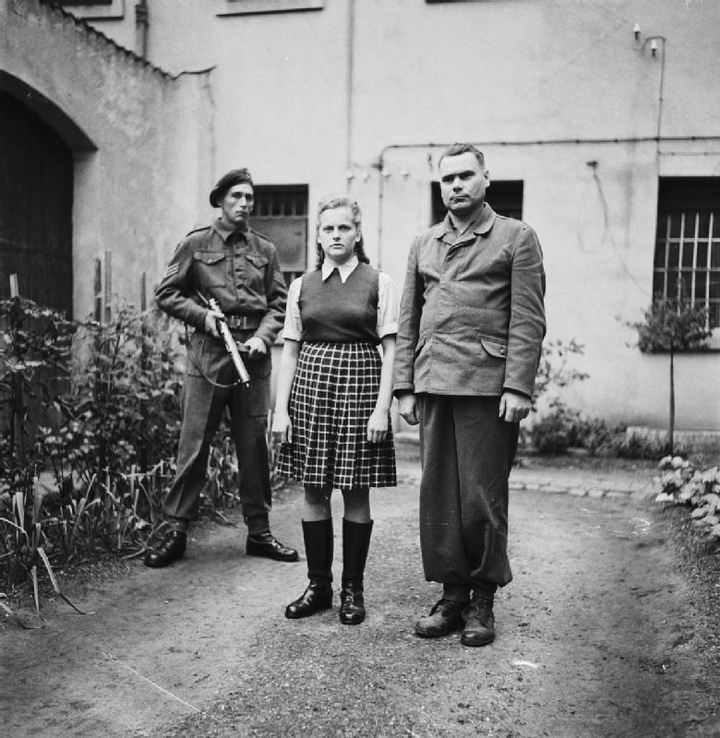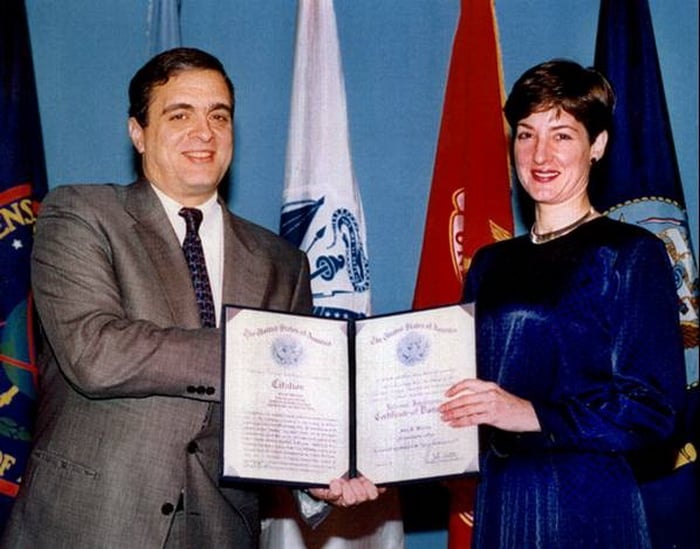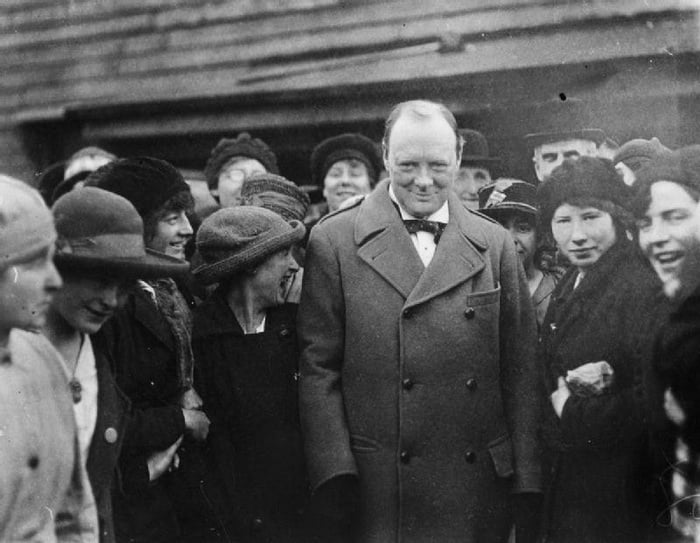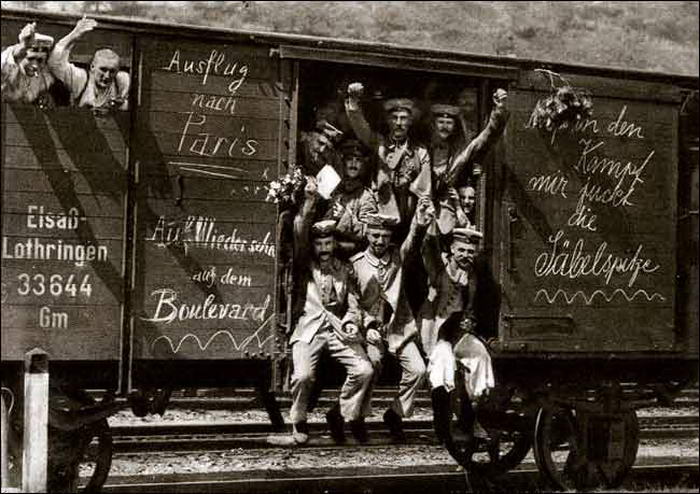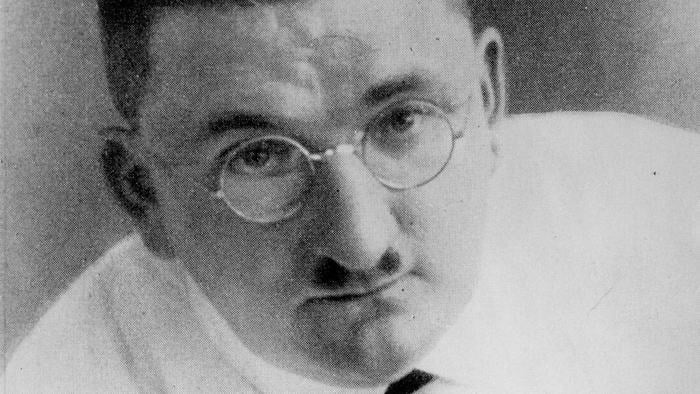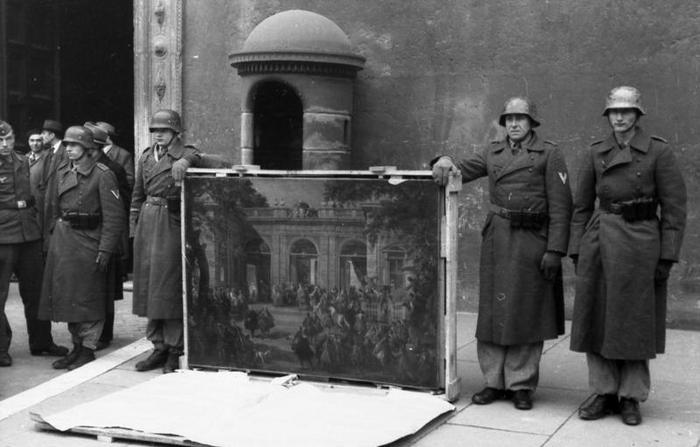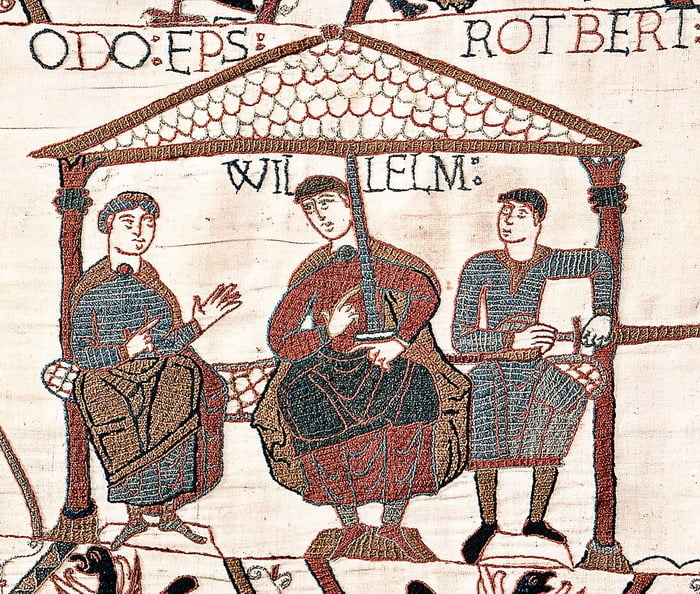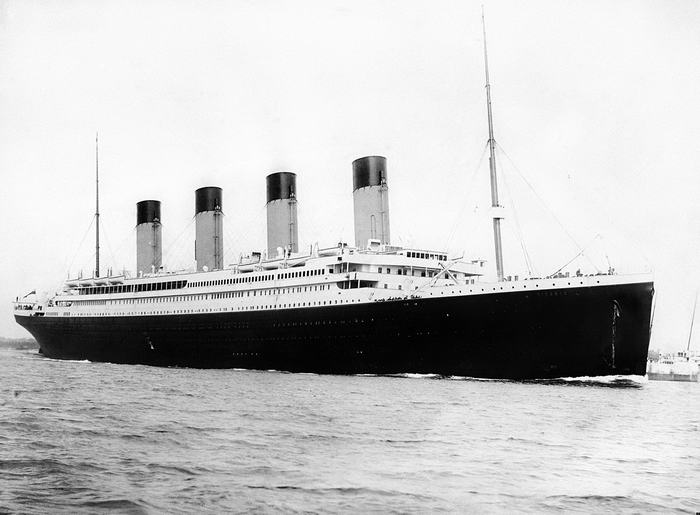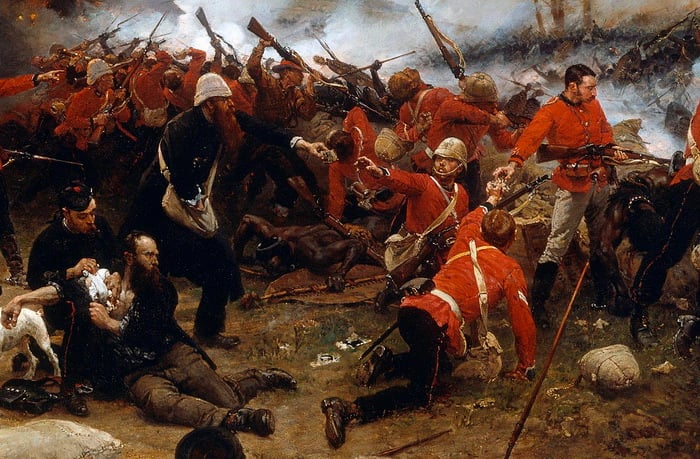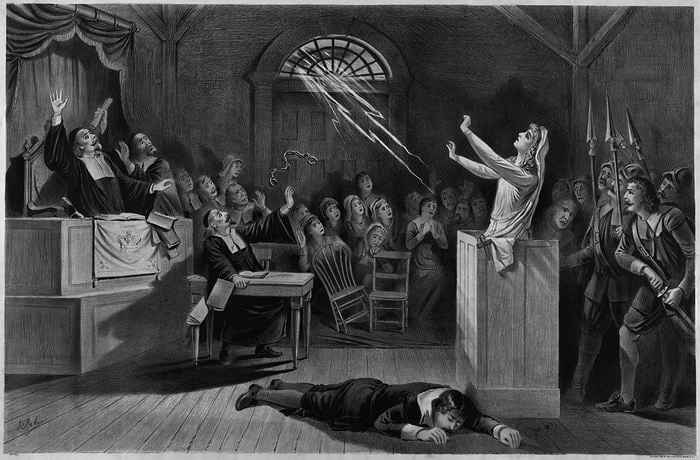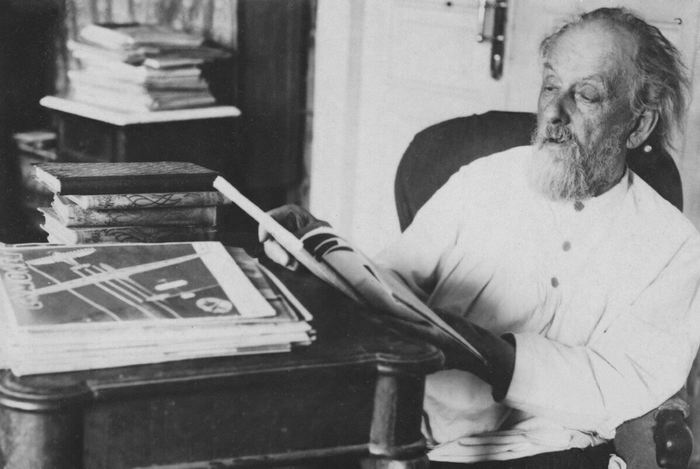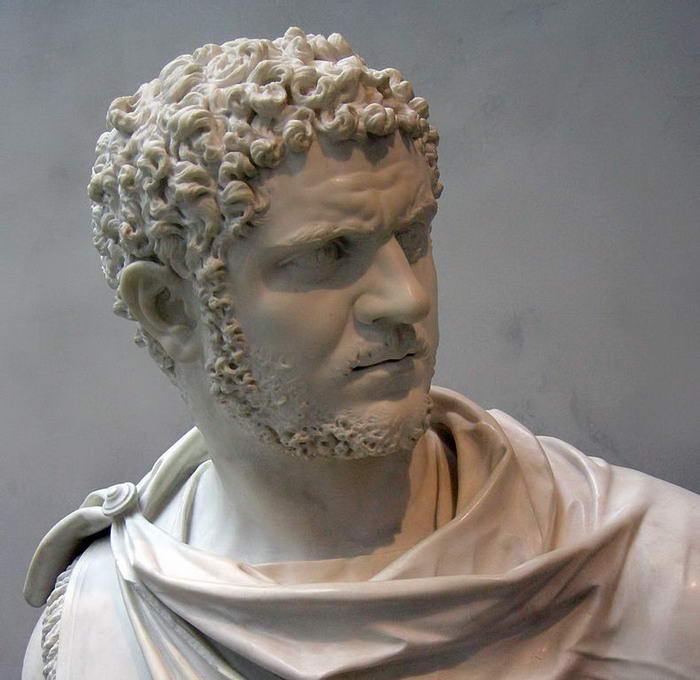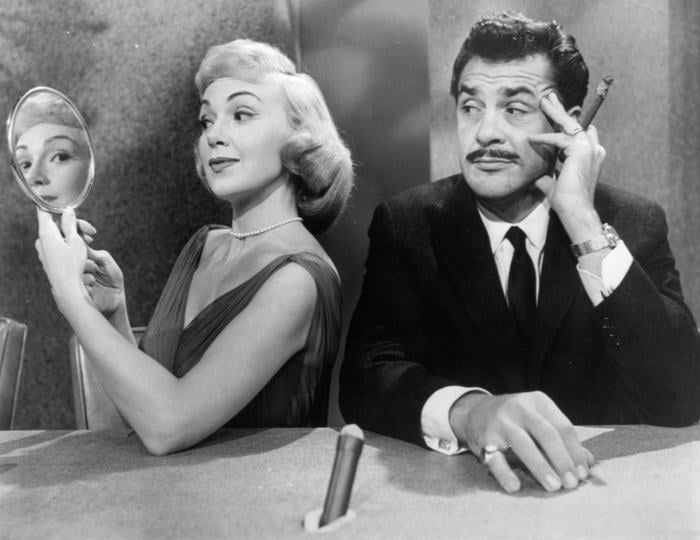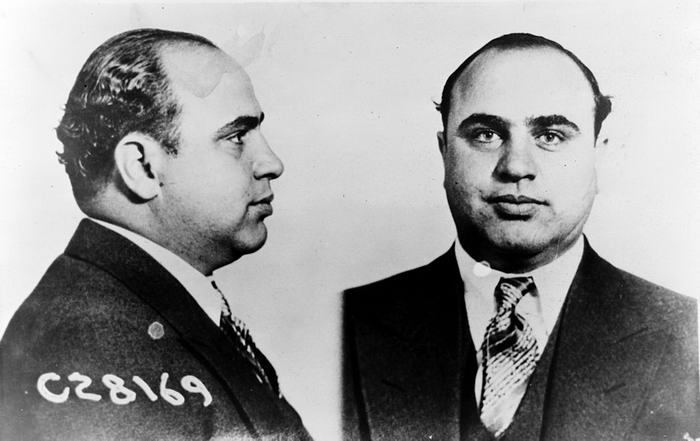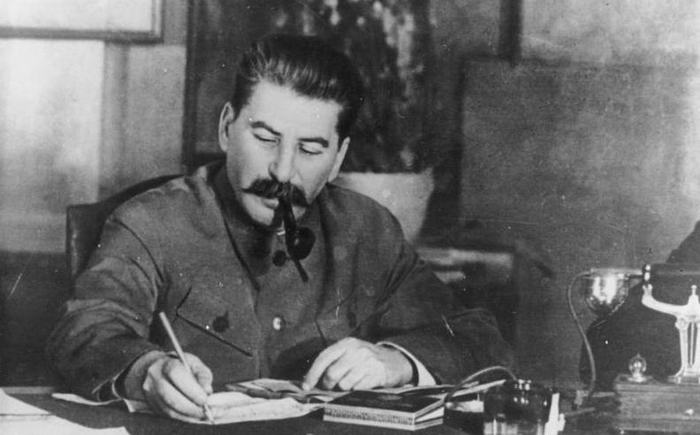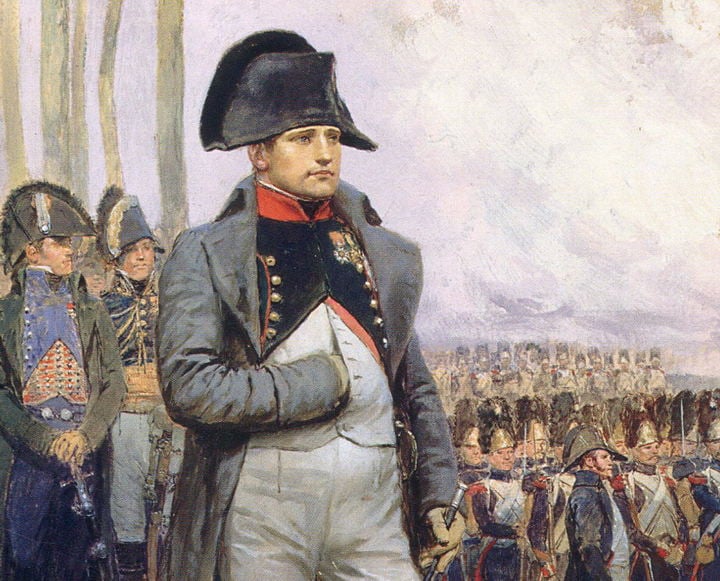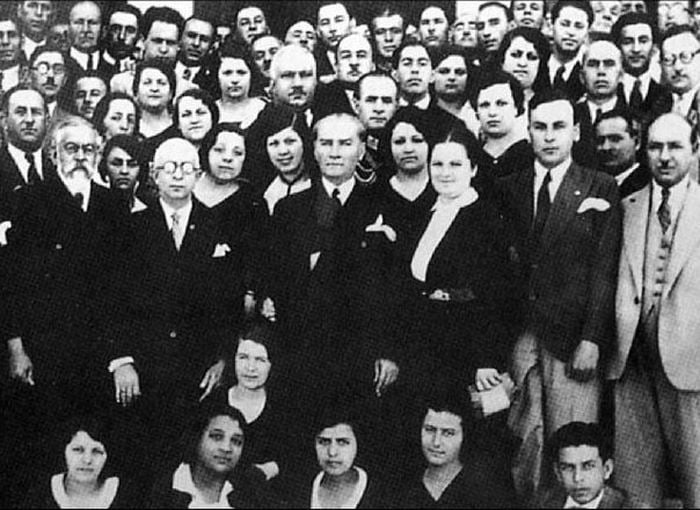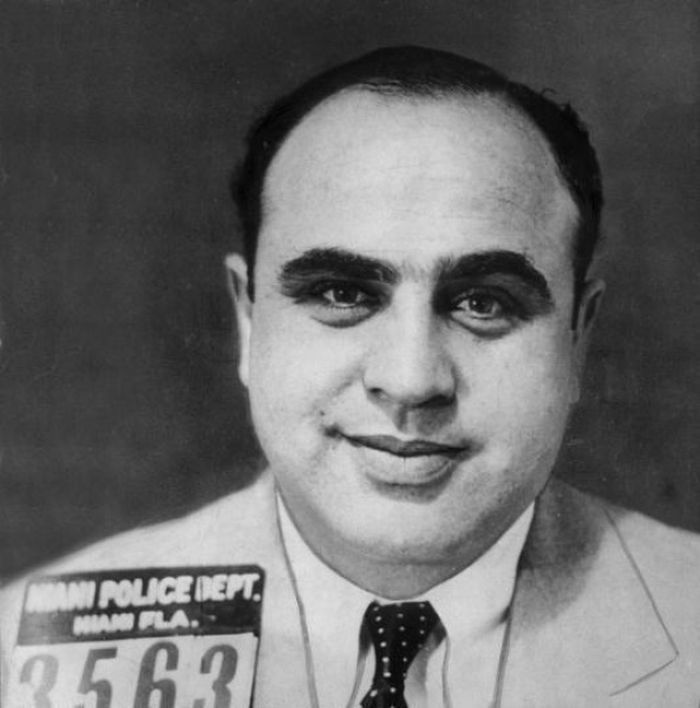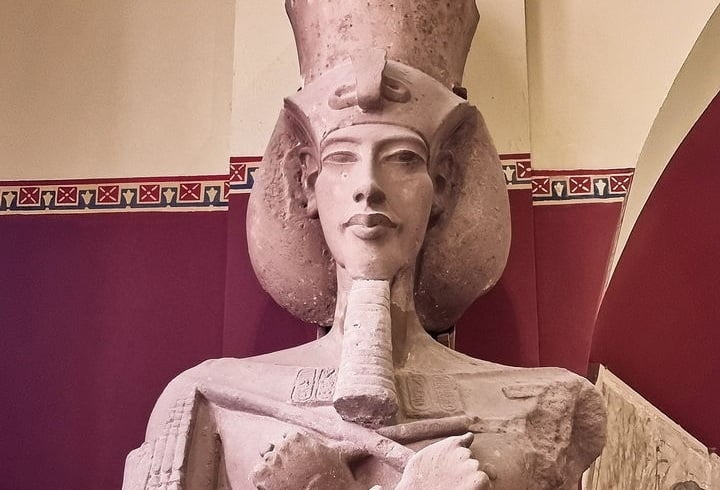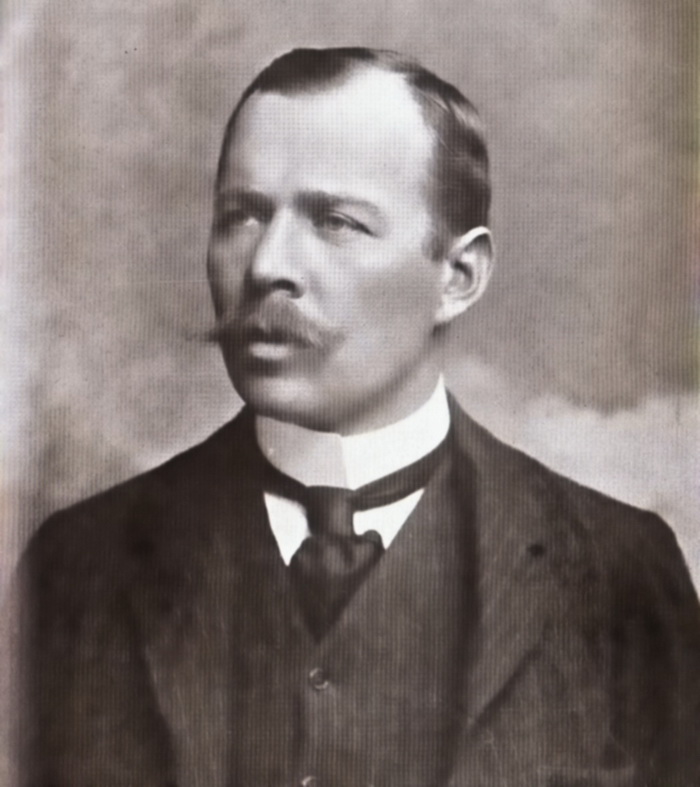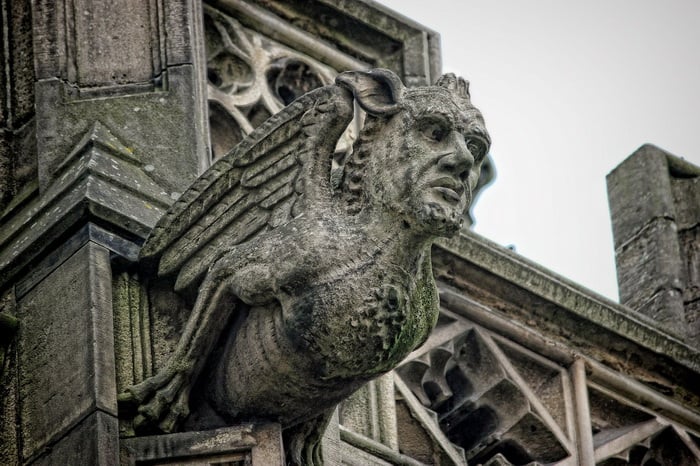When you think of the Nazi party, images of World War II and the Holocaust inevitably come to mind. Led by the infamous Adolf Hitler, this regime left an indelible mark on the 20th century, infamous for its role in one of the darkest periods in human history. Yet, beyond the well-documented atrocities and their impact on global politics, there exist strange and lesser-known facts about the Nazis that provide a bizarre glimpse into their ideology and day-to-day operations.
While it’s crucial to remember the catastrophic effects of the Nazi regime, exploring these unusual historical insights offers a different lens through which to view this notorious chapter in history. This list aims to shed light on some of the most bizarre aspects of Nazi Germany. Facts that are often overshadowed by their larger, more sinister actions. These tidbits not only add complexity to our understanding of this period. But also underscore the unpredictable nature of human behavior under extreme ideological beliefs.
As we explore these curious historical details, it’s important to note that they do nothing to diminish the horrors perpetrated by the Nazi party. Instead, they serve to paint a more comprehensive picture of a regime that has been scrutinized and studied extensively, yet still manages to surprise with its oddities.
In this exploration of Nazi Germany’s peculiarities, we’ll navigate through a series of facts that may startle, surprise, and even cause disbelief. But they are all part of the intricate tapestry of history that helps us understand the full spectrum of human actions and ideologies. So, get ready to explore some of the most unexpected aspects of the Nazi regime that history books may not have told you. Here’s ten of the most weird and interesting Nazi party titbits:
10 – They Were The First People To Ban Smoking
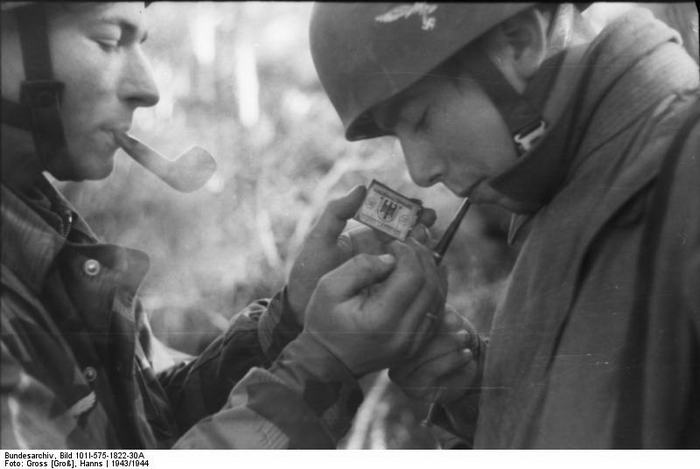
09 – They Hated Gay People
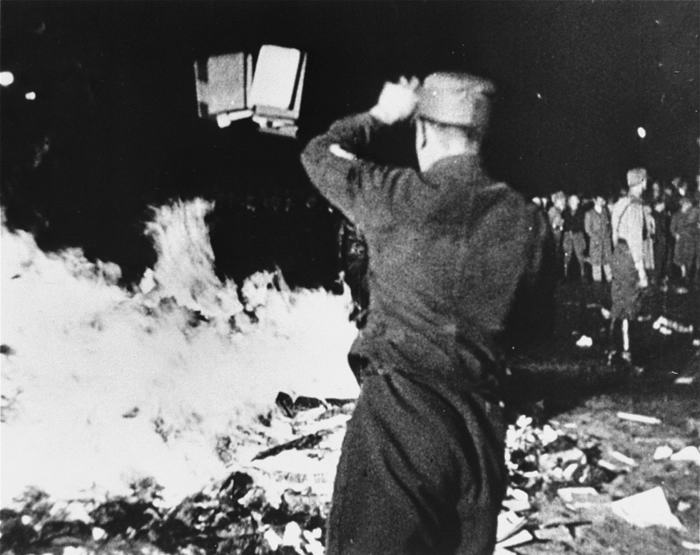
08 – They Tried To Take The Merry Out Of Xmas
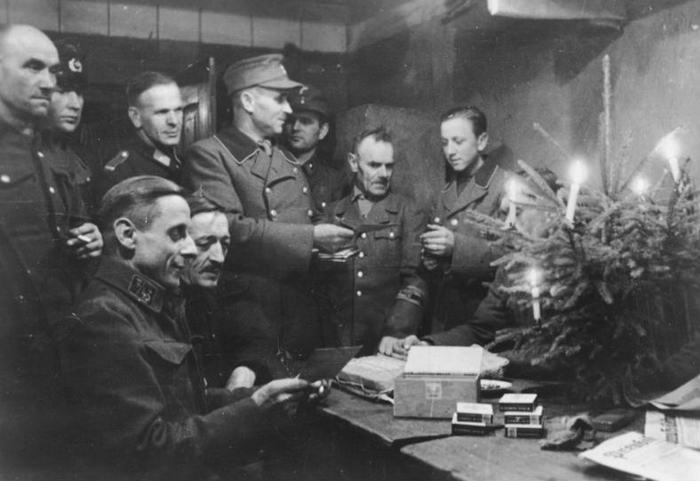
07 – They loved movies
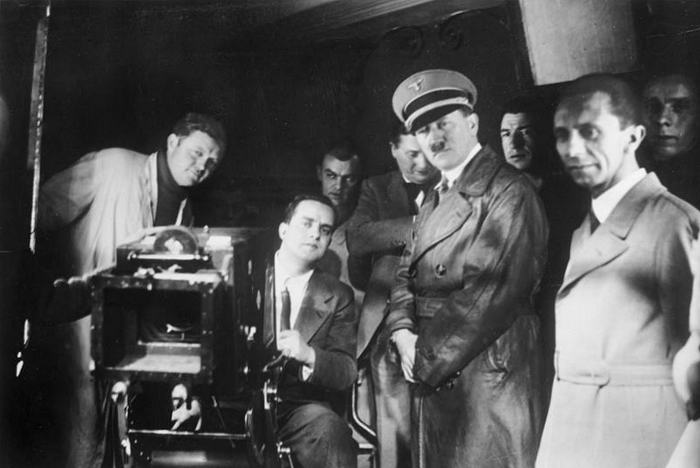
06 – They Hated Animal Cruelty
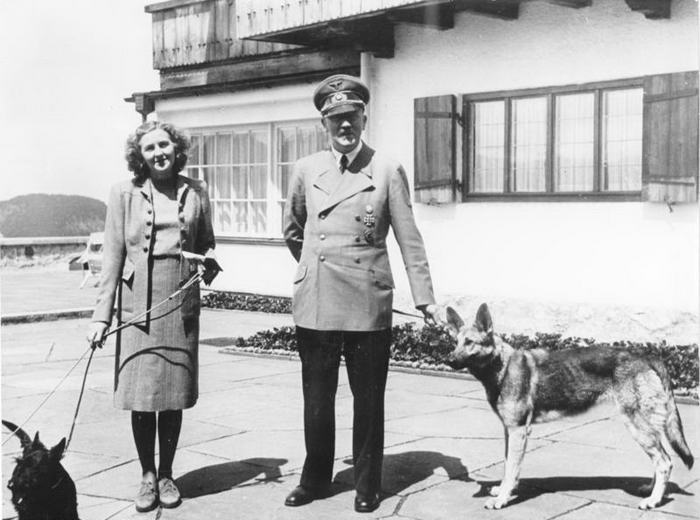
05 – They Set Up An Official Breeding Program

04 – The Nazi’s Kidnapped Foreign Children
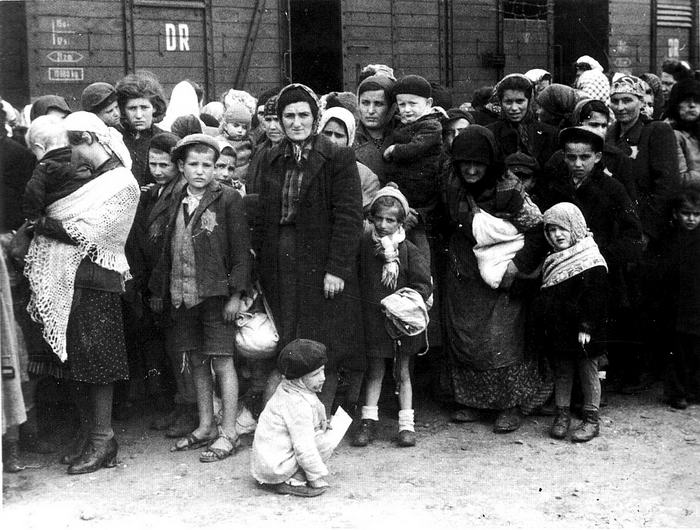
03 – They Didn’t Like Being Called Nazi’s
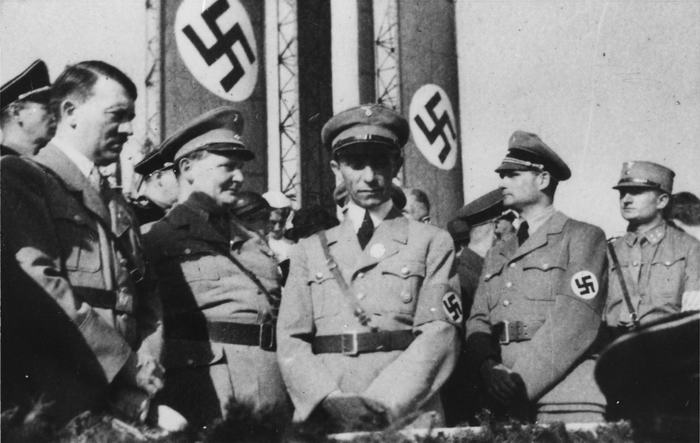
02 – They Came Up With the VW Beetle
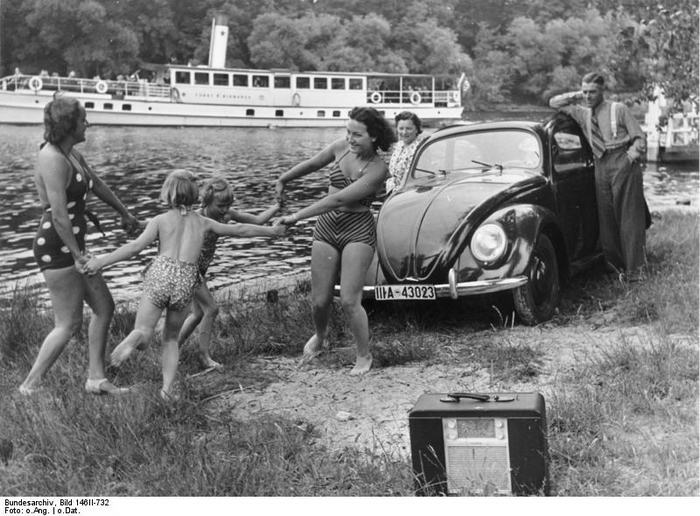
01 – They Came Up With A Very Powerful Performance Booster

There is no doubt that the Nazi party were a malevolent and dark force, not only within Germany but on the world stage. Although many of the major facts about them are widely known, these smaller yet interesting facts may not be. It doesn’t do anything to make their reputation better, but it does paint a more detailed picture of what they believed in and how they ruled within Germany itself.
The Peculiarities of Nazi Ideology and Policies
In the shadow of the horrific atrocities committed by the Nazis, there lies a series of strange, often overlooked aspects of their regime. These peculiarities provide an intriguing contrast to the well-known brutalities of Nazi Germany, revealing a side of their rule that’s less discussed but equally fascinating.
Public Health
First, let’s consider the Nazis’ stance on public health. They were the first to wage a public anti-smoking campaign and to establish links between smoking and lung cancer. This stance seems surprisingly progressive compared to their otherwise regressive policies. Their campaign against tobacco and alcohol, along with their promotion of whole-grain foods and a healthy lifestyle, stands in stark contrast to the brutality for which they are infamous.
Peace Proposals
Another lesser-known aspect is Hitler’s early efforts at peace. Before the outbreak of World War II, Hitler’s peace proposals to England and other European nations paint a complex picture of a leader commonly viewed in a purely negative light. These attempts, which included serious proposals for armament reduction and peace negotiations, were ultimately dismissed as insincere or seen as a bluff by other nations.
“Canada” Term
The term “Canada,” used in a macabre sense at Auschwitz, is another bizarre footnote in the Nazi narrative. This was the name given to the area where prisoners’ belongings were sorted. The name, symbolizing a land of plenty, was a cruel irony, considering the fate of those who were stripped of these possessions.
Museum of the Extinct Race
Perhaps one of the most chilling peculiarities was Hitler’s plan for the Old Jewish Town in Prague. He intended to preserve it as a “Museum of the Extinct Race” after the planned obliteration of the Jewish people. This disturbing idea reflects the twisted vision Hitler had for a post-war world where the Jewish culture would be exhibited as an extinct civilization.
The Lebensborn Program
Lastly, the Lebensborn program highlights the extreme racial policies of the Nazis. This program aimed at increasing the population of the so-called Aryan race. It involved ‘racially pure’ women bearing children with SS officers. The stark, inhumane nature of this program, along with the estimated 20,000 children born under it, demonstrates the regime’s obsession with racial purity and control over personal lives.
These aspects, while lesser-known, are critical in understanding the full spectrum of Nazi ideology and governance. They offer a glimpse into the complex, often contradictory nature of the Nazi regime, providing a deeper understanding of this dark chapter in history.
Reflecting on the Unusual Aspects of Nazi Germany
As we conclude our exploration of Nazi Germany’s lesser-known facts, it’s essential to remember that these peculiarities do not, in any way, lessen the horrific nature of their regime. While these facts might intrigue or surprise us, they also serve as a stark reminder of the many facets of human history, especially during times of extreme ideologies and totalitarian rule.
The bizarre and unusual aspects of the Nazi regime, from their public health policies to their twisted visions for the future, offer a more comprehensive understanding of this dark period in history. They remind us of the complex nature of historical narratives, where even the most infamous chapters can contain unexpected elements.
In learning about these strange yet significant aspects of Nazi Germany, we gain a deeper appreciation of the importance of historical knowledge. It’s through understanding the complexities of the past. Even its most bizarre elements, that we can hope to prevent the repetition of such dark times in our future.


